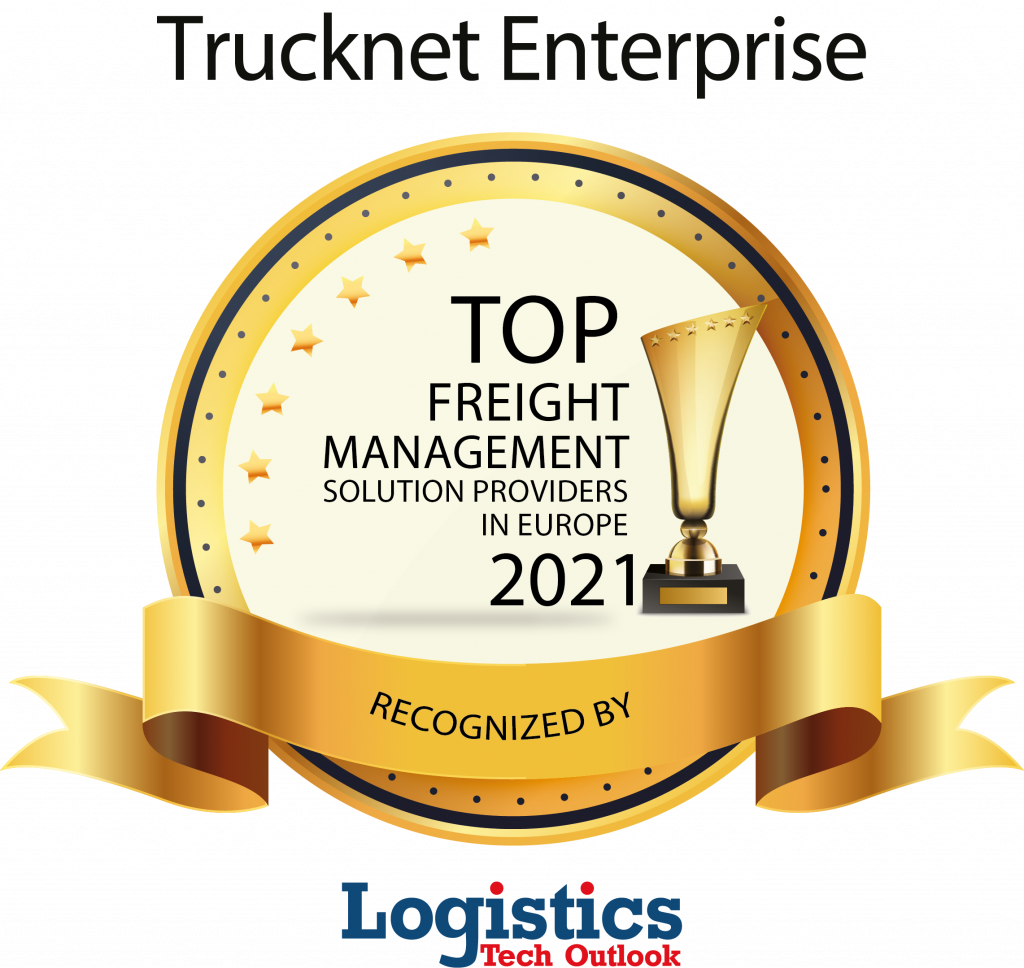The logistics industry in the Gulf Area
The region, which covers Bahrain, Kuwait, Oman, Qatar, Saudi Arabia, and the United Arab Emirates, is home to some of the world’s largest oil and gas reserves and a growing and diversified economy that includes trade, tourism, manufacturing, and services.
The recent normalization of relations between some GCC (Gulf Cooperation Council) states and Israel could have a significant influence in the logistics sector regarding new markets, routes, and regulations.
An idea has come up for establishing a continuous trade land bridge connecting Jordan, Israel, Saudi Arabia, and the United Arab Emirates (UAE) from the Persian Gulf to Israel’s seaports. The project would link Haifa to the Saudi Gulf port of Dammam, the UAE, and Bahrain. The logistics industry plays a crucial role in enabling the movement of goods and people within and across the region, linking it to global markets and networks.
Thanks to its strategic geographic location along the Asian–European trade route, the Gulf Area has experienced significant growth and development in recent years, resulting in large investments in mega transport infrastructure in various GCC states, including sea ports, airports, trains, and roads. The region also benefits from its closeness to some of the world’s largest and fastest-growing markets, such as China, India, and Africa, and access to the Suez Canal, which connects the Mediterranean Sea and the Red Sea trade routes. The value of the logistic market in the GCC was $47.5 billion in 2018 and is projected to reach $66.3 billion by 2026, with 5,4% annual growth.
In addition to these external challenges, the logistics sector in the Gulf Area also faces internal challenges related to environmental concerns, digital transformation, and the sharing economy. As the industry is a significant contributor to greenhouse gas (GHG) emissions and environmental degradation in the region, it calls for more sustainable and green logistics practices and solutions. In spite of the high level of hi-tech use, there is still a need for rapid adoption of innovative digital technologies and data analytics that enable more efficient and effective logistics processes and operations. Furthermore, the sector needs developing new business models and platforms that promote collaboration and sharing of logistic resources and assets.
The UAE company Aramex is one of the leading global providers of comprehensive logistics and transportation solutions, with a presence in over 60 countries. The company has committed to the Science Based Target initiative (SBTi) to reduce GHG emissions by 2030. The SBTi helps companies align with the Paris Agreement goal of limiting global warming. Aramex aims to reduce scope 1 and 2 emissions by 30% and scope three emissions by 20% by 2030 from a 2019 base year. Besides other adopted green logistics practices and solutions, the company focuses on carbon offset programs or initiatives that support environmental sustainability, such as planting trees in Kenya, Jordan, and Lebanon.
Bahrain is a strategic location for logistics in the Middle East, as it is connected to the GCC countries by the King Fahd Causeway and has access to the Khalifa bin Salman Port, with over 90% of consumer goods coming through its operation, which is one of the most modern and efficient ports in the region. Bahrain also has a well-developed road network, a modern international airport, and a customs-free logistics zone. Moreover, the region’s largest economy, Saudi Arabia, is just a 30-minute drive across the King Fahd Causeway. The Kingdom allows 100% foreign ownership of businesses and real estate and free movement of profits, capital, and dividends for the investors. The logistics market in Bahrain was valued at $1.2 billion in 2019 and is expected to grow at a total annual growth rate of 5.6% by 2024.
The logistics industry in the Gulf Area has excellent potential to become a leading and innovative logistics hub globally. Yet, this potential can only be realized if the logistics industry in the Gulf Area adopts a global and proactive approach that considers the economic, social, and environmental aspects of its activities. The future for this area can be found in the following actions :
- To monitor and forecast the changes and trends in the regional and global markets and regulations that affect the logistics sector and to adapt accordingly.
- To invest in research and development and to foster a culture of innovation and creativity that enables the development of new solutions and services that meet the needs and expectations of the customers.
- To implement green logistics practices and solutions that reduce the environmental impact and greenhouse gas emissions from the logistic activities and to participate in carbon offset programs or initiatives that support environmental sustainability.
- To adopt digital technologies and data analytics that enable more efficient and effective logistic processes and operations and to ensure data security and privacy.
- To participate in the sharing economy and collaborative logistics by launching or joining platforms that enable access to new markets, routes, services, resources, and assets.
The logistics industry in the Gulf Area influenced by various factors that create challenges and opportunities for the regional and global players. The region has to cope with the external forces that affect the logistics sector’s demand and supply:
- conflicts and tensions in the Middle East, the trade dynamics and agreements among regional and global partners,
- environmental concerns and regulations that require the logistics sector to reduce its environmental impact and carbon footprint,
- digital transformation and innovation that enable more efficient and effective logistic processes and operations
- new business models and platforms that enable collaboration and sharing of logistic resources and assets.
Trucknet has recently identified the Gulf Area, especially Bahrain, as a great option to enter this area because of its strategic location and fast development. Trucknet believes collaborating with local logistics companies in Bahrain can help it expand its network and reach more customers in the Gulf Area. It also hopes to benefit from the favorable business environment and the innovative culture of Bahrain. Introducing the Trucknet Smart Catalyst and sharing the ideas of fuel saving resources and emissions reduction together with its optimization platform can bring improved efficiency into the logistics market. The Kingdom will be a starting point to deliver the technology and devices to the area. Trucknet looks forward to exploring new opportunities and challenges in this dynamic market, contributing to bringing positive changes to the environment while promoting sustainability in this area.
After decades of boycotting Israel by the Arab world, we feel a paradigm shift. The Abraham Accords, have provided Israel with the opportunity to be part of global efforts in the Gulf area and we appreciate the initiative of our leaders.
“Logic will get you from A to B. Imagination will take you everywhere”
Albert Einstein




